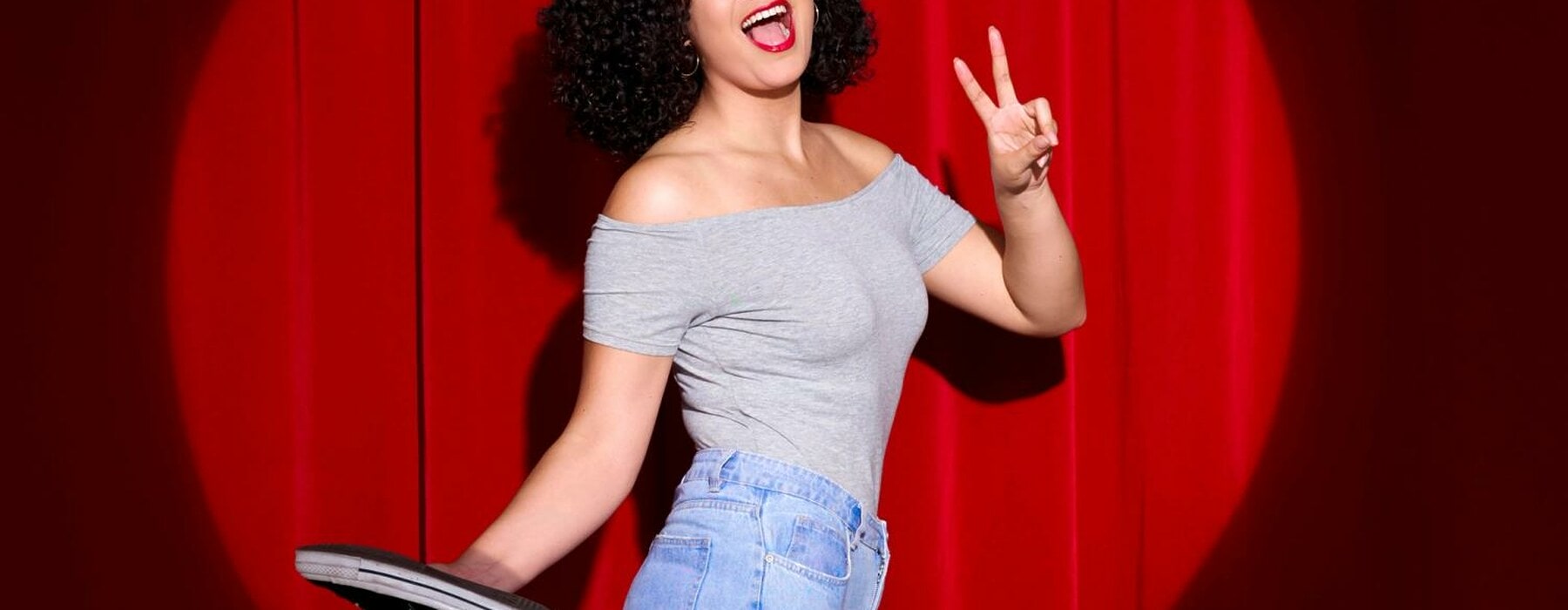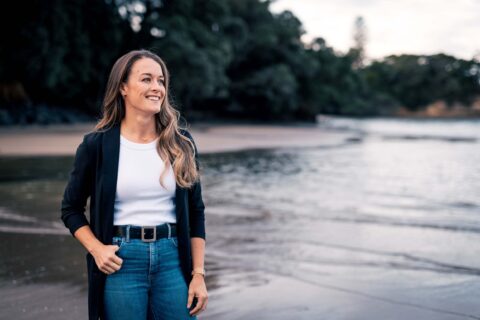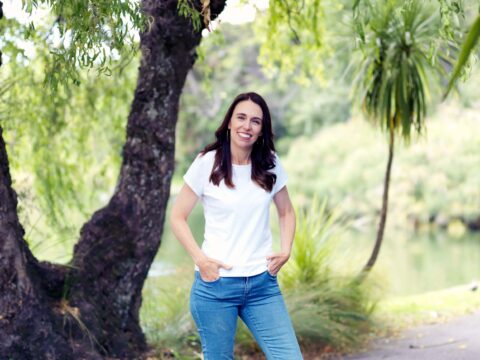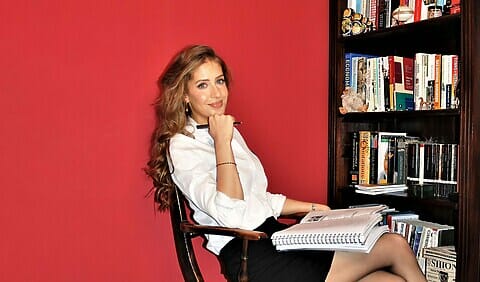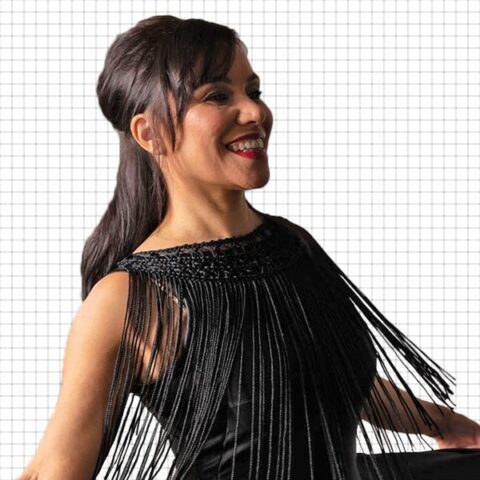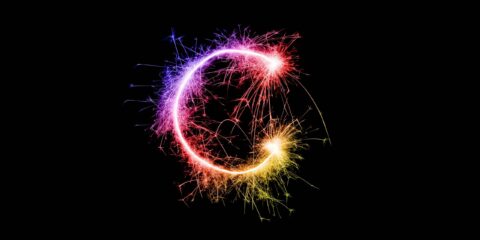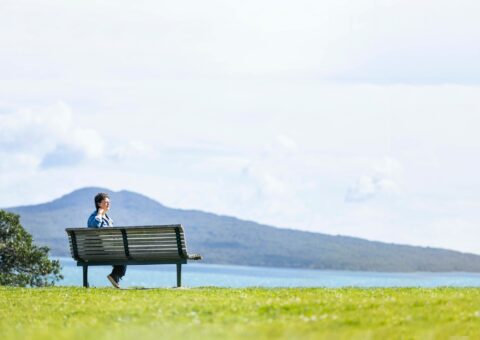Kiwi comedian and self-confessed nerd Rose Matafeo talks to Elle Hunt about finding her voice on the international stage, millennial anxieties over parenthood and why she says “don’t date comedians”.
While much of the world was googling how to escape to New Zealand to weather the Covid-19 storm, one Kiwi couldn’t wait to leave. That’s because, unlike many of us who simply wanted to hibernate and wake up when it was all over, Rose Matafeo had work to do, and the comedian’s work is her source of “meaning and fulfilment” – to the point that last year she was desperate to get back to the Covid-ravaged UK after five months back home.
“It’s unhealthy because I tie so much of my self-worth to my ability to create s***. But isn’t that capitalism?” she says, Zooming from her flat in London, where she is now based.
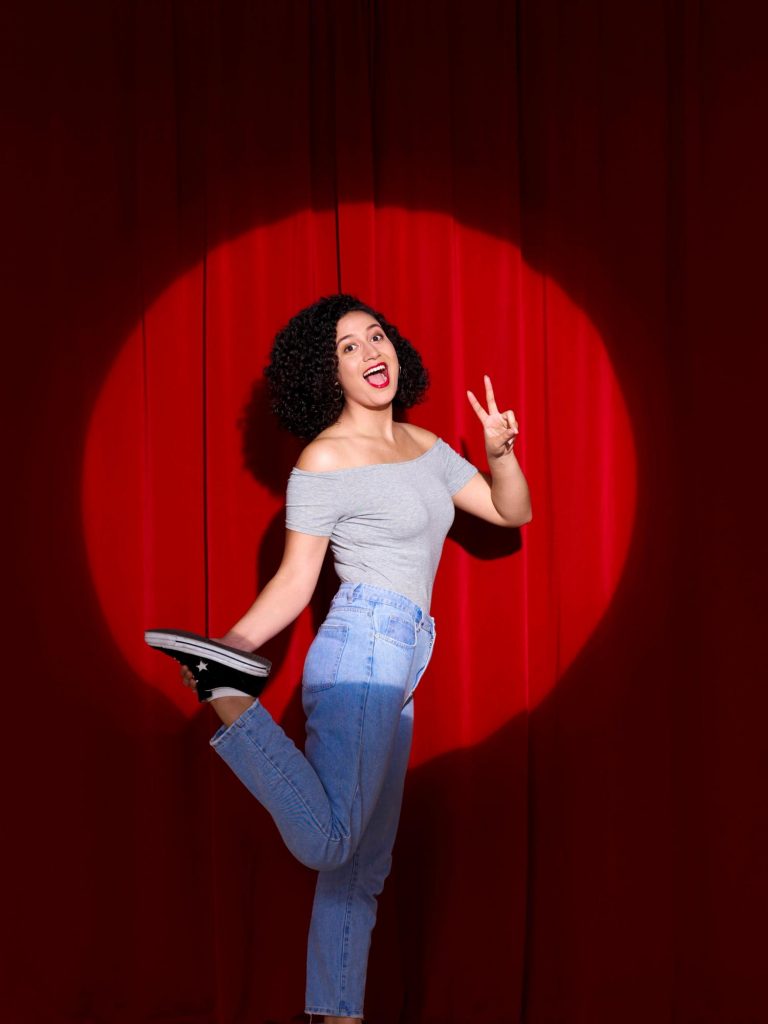
You can’t really blame her. Rounding in on 13 years in comedy, Rose’s stand-up instincts are well-honed and, since she took the top award at the 2018 Edinburgh Fringe with her show Horndog, she has been unstoppable, even during a pandemic.
She says 2020 was a “suspiciously busy year” – she released her Taika Waititi-produced movie Baby Done, filmed a run of Horndog in the West End for a TV special (streaming on Neon and arriving on Three this month) and starred in the second season of hit British sitcom Dead Pixels, which focuses on three friends’ obsession with a fictional multiplayer online role-playing game.
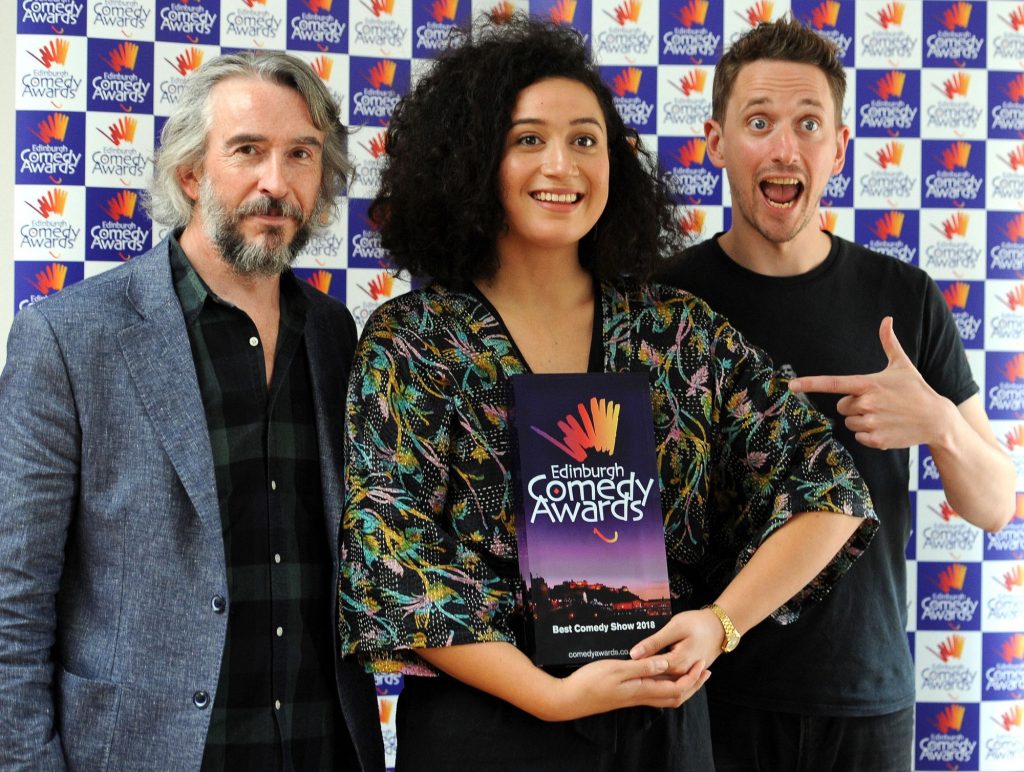
IMAGE VIA GETTY
Most excitingly, Rose, 29, has been hard at work on Starstruck, a BBC and HBO series set to launch on TVNZ 2 in May. She writes and stars in the show, which follows a twenty-something Kiwi juggling two dead-end jobs in London while navigating the consequences of accidentally sleeping with a movie star.
Filming was postponed at the last minute last year due to Covid-19, but there is so much hype around the show that Rose has already been asked to pen a second season – before the first has even aired.
She’s one of New Zealand’s most successful and prolific exports, and it’s all because she puts herself fully into her work, no holds barred.
She started comedy at 16, cutting her teeth at open mic nights in front of Kiwi audiences that were often sceptical and sometimes “weirdly hostile”. As much as she might grimace to recall the tough crowds now, they helped her land on a performing style that maintained her essence but also got laughs out of people who did not necessarily share her views – “Where both parties are confused as to why they’re enjoying it, but it works.”
By the time she moved to London in 2015 (to be with her then-boyfriend, comedian James Acaster), Rose was a staple on New Zealand television and a sort of First Lady-figure among a new wave of progressive young comedians. She had space to properly develop, she says. “You can see the successful comedians who have come from New Zealand – like Flight of the Conchords – they had the time to become what they are, and go overseas as a fully formed thing.”
That experience allowed her to skip the open mic slots in the UK, and gave her the advantage of surprise. But that has sometimes been a mixed blessing. As a woman of Samoan, Scottish and Croatian descent not from the US or UK, Rose says she is often included as an “oddity on a lineup”.
“You sound weird, you look different and you’re a woman. It’s just a f***ed attitude towards women, and non-white women, and people who are not from this country – which is low expectations,” she says. “What else can you do but use that to your slight advantage?”
You sound weird, you look different and you’re a woman… What else can you do but use that to your slight advantage?
After her first Edinburgh show, an Australian working in the UK took Rose to lunch and advised her to soften her accent. “Like an older brother telling you to be cool in front of his friends,” she says with scorn. In fact, she thinks she has benefited from a “strange, probably colonial-hangover affection for New Zealanders, like you’re a cute little thing”. She did once clap back to ribbing from Taskmaster hosts Greg Davies and Alex Horne for mocking her accent.
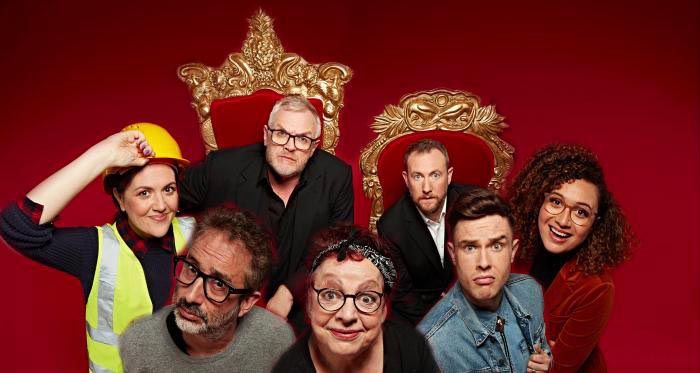
IMAGE SUPPLIED
“I said, ‘Thanks for colonising us, by the way’, and then everyone laughed!” Rose recalls incredulously. “I was like, my laughter is not your laughter. It’s not even really a joke!”
Other times audiences respond with surprise when she makes them laugh at all. There is a backhanded compliment to their delight at the end of Horndog when she reveals she has been in control of her onstage downward spiral all along.
“People are like: ‘Whoa, she planned that the whole time?’ That’s how the misdirect of that show works; the meltdown is carefully rehearsed. People don’t expect me to have the skill, which is gratifying when you manage to fool them – but also annoying.”
People don’t expect me to have the skill, which is gratifying when you manage to fool them – but also annoying
Interviews and reviews tend to emphasise Rose’s nervous energy and self-effacement, often conflating her onstage persona with her real-life self. It is true she is an “increasingly” anxious person, she says, but she tries to “use nerves to my advantage, to fuel something rather than f*** me over”.
She is more likely to draw from her fantasies than her own life. Starstruck is based on her “creepy fan fiction” and centres on the fallout of a celebrity one- night stand. Rose describes it as a “reverse Notting Hill – a simple, nice love story. Unfortunately, I’m not good at saying anything big, you know? I’m just a basic b**** who likes a good romcom. But it is in no way based on real life.” (After much pressing, she reluctantly admits her initial inspiration was Irish actor Domhnall Gleeson.)
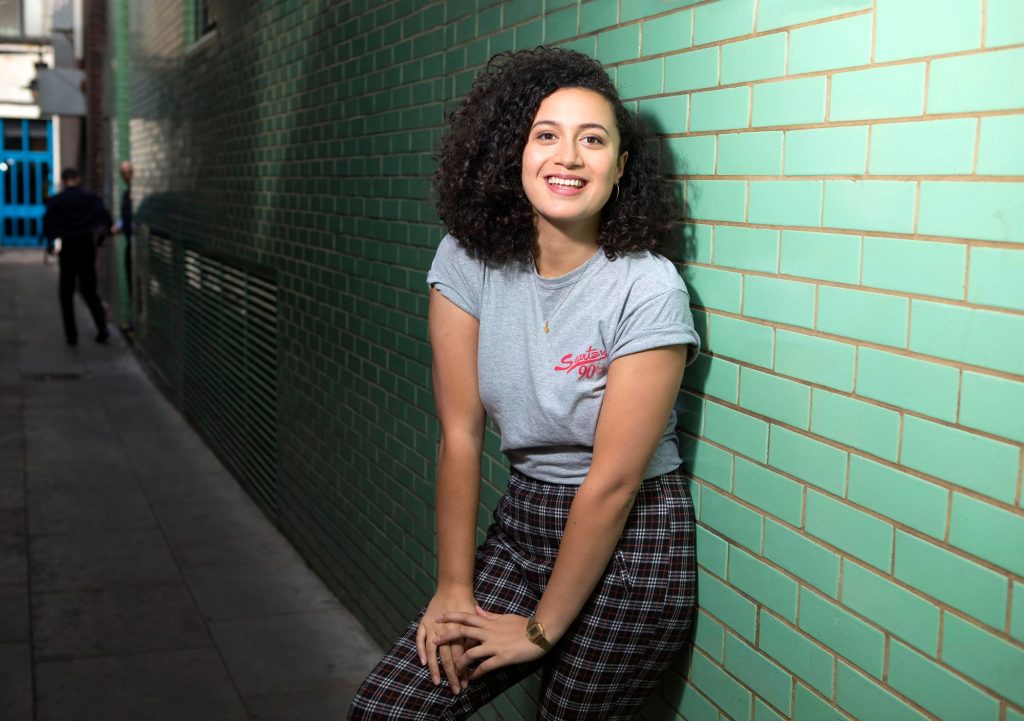
By contrast, James Acaster has referenced their 2017 breakup and his subsequent breakdown in much of his recent output – including disguising Rose, barely, in his book with the pseudonym “Becky With the Good Hair”.
“Don’t date comedians,” is Rose’s response. It can be a fine line to tread when comedians draw so much material from their personal experience, she concedes. Her own preference is for more observational comedy. “I don’t talk about specific experiences of people because I think that’s A: boring, and B: being kind of self-involved.”
She will, however, draw from the parts of her life which seem a little more universal in their relatability. As her star has risen on both sides of the Atlantic, Rose has been praised for her relatable riffing on hapless relationships, sexual inexperience and obsessive interests. Her style is one of intense self-deprecation, sans cynicism; she is wry, big-hearted and endearingly passionate, and she also frequently taps into that baseline millennial condition: anxiety.
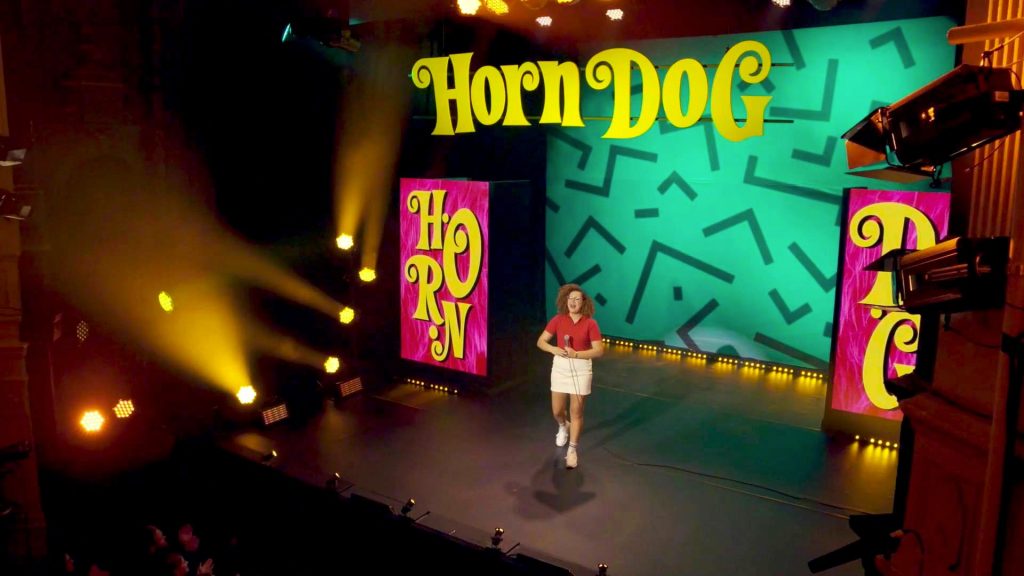
IMAGE SUPPLIED
In Horndog, Rose explored her insecurities about having kissed “nearly 10” men in her life, while her response to her fear of dying, aged 23, was to stage her own funeral at comedy festivals around the world.
Similarly, wearing a prosthetic bump, faking a bloody water birth and sharing your plans for motherhood with a parade of strangers seems like a devious form of torture for an anxiety-prone millennial ambivalent about having children but conscious of her biological clock.
Yet it was an act of sadism that Rose willingly went through for her first feature film Baby Done, a romcom about bracing for parenthood at a time in life when other paths seem possible – even preferable.
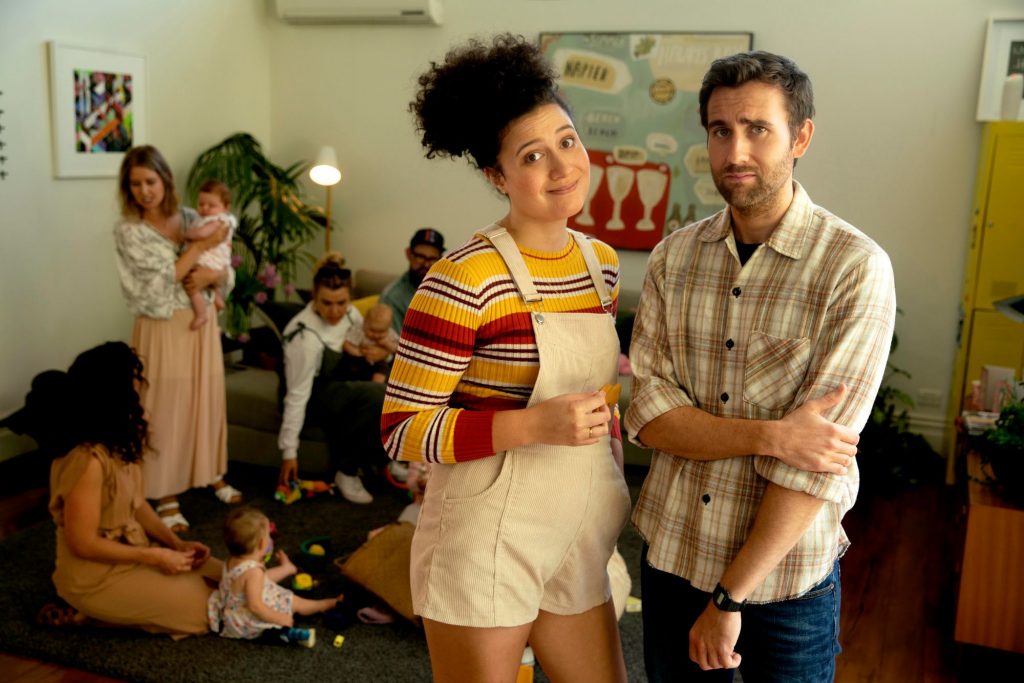
IMAGE SUPPLIED
“The biological or societal pressure to start thinking about that stuff – I found it all too relatable,” says Rose. As an “overthinker – of everything”, her response to “all the freakiness of pretending to be pregnant” was to resolve that it was not for her. “My mind went: ‘No, no, no; I’m not having a kid.’”
Baby Done – which tells the story of Zoe, a headstrong arborist whose dreams of adventure risk being thwarted by an unplanned pregnancy – built on those preoccupations.
It’s hard to miss the similarities between Zoe’s “bucket list” and Rose’s preemptive rejection of motherhood: both attempt to impose control, or an illusion of it, on an uncertain future.
“Our generation tends to overthink and over-plan for things in life,” she says; the choices seem more and the pressure greater, if only through the distorted looking glass of social media. Complicated, ambivalent, messy stories of parenthood – ones that acknowledge that “sometimes your mum was not totally stoked to have you” – are still not often told, she says. “I think that’s something that spoke to a lot of newer mums, watching this film. When you have a kid, it is the death of a certain life, but it’s also the start of a new version of it. That’s what people are so scared of – especially millennials, going: ‘Oh my God, all of this freedom I have.’”
Unsurprisingly, depictions of Rose – including her own – as a hapless, anxious millennial might not tell the whole story. She comes across as an old soul, deeply engaged with her obsessions: celebrity crushes, fandom, ’90s R&B, elaborate craft projects, old Hollywood. (There are studio portraits of Cary Grant and Montgomery Clift tacked to her bedroom wall – her accidental “shrine to closeted men of the past” – and she named her cat after her musical hero Burt Bacharach).
Her interests seem detail-oriented, almost scholarly, I suggest.
“Nerdy,” she corrects me. “Yeah, I am a nerd.” She has only recently realised this about herself, she says, after spending her twenties seeking to “change fundamentally who I am, and my personality. You go through this whole period of being like, ‘Nah, man, I’m going to do this, I’m going to be this kind of person’. And you come back to being the same f***ing nerd that you always were, which is comforting.”
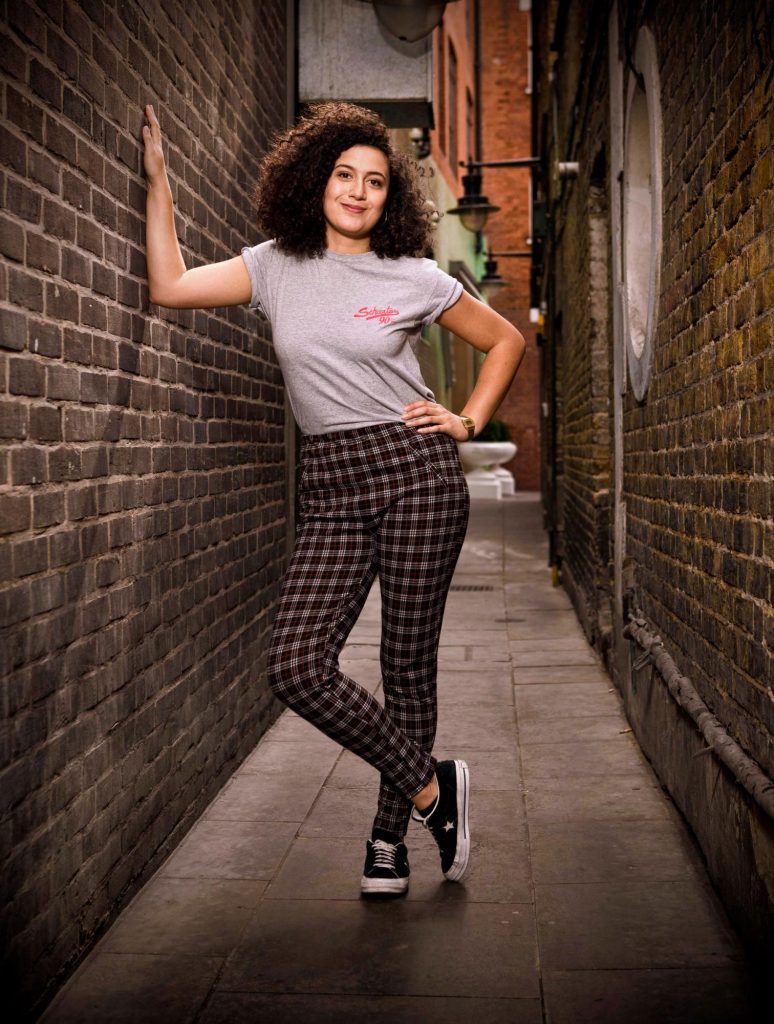
She does worry that her online brand – “kooky, weird, extra” – might be repelling men. (Her friend tried to reassure her: “Zooey Deschanel’s married.” Rose’s reply: “She is white.”) She’d like to be less anxious. And she’d like to come across, in interviews, “as a person who doesn’t seem as f***ing mad as I do, apparently”.
But Rose says she’s inching closer to acceptance, with herself and with uncertainty. Having put space between her and Baby Done, and with Starstruck about to debut, she has revised her vision of her future.
“Either I’m going to be like an MGM starlet – get married five times, it will be a bit of a laugh – or I’ll get pregnant, by accident, with someone I barely know. We’ll get through it. They’ll be a great co-parent. We definitely won’t end up together.”
In conclusion, Rose says, “It will be fine.”
© Elle Hunt/The Guardian 2021.

